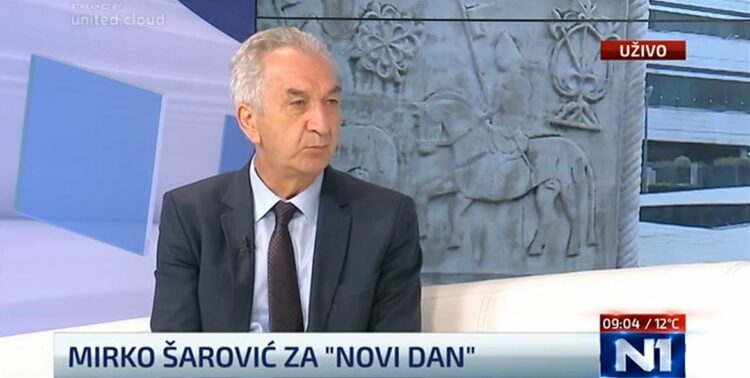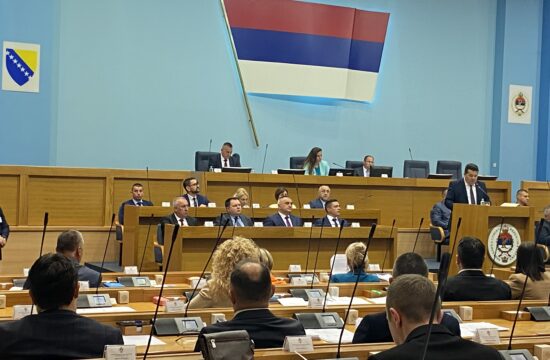
Bosnia and Herzegovina is losing millions of Bosnian Marks as meat exports have drastically decreased, former Foreign Trade and Economic Relations Minister, Mirko Sarovic, told N1 on Monday.
Sarovic said that the country used to export between 5,000 and 8,000 tonnes of meat to Turkey alone during his mandate, which ensured the survival of the cattle industry.
But now, things have changed and there are many reasons for it, he said.
“It seems like we are constantly having problems,” Sarovic said.
“In 2020 we exported only about 1,000 tonnes, which is less than average, it will damage our foreign trade balance. Our plan was to achieve trade worth one billion Euro,” he said.
The reason is partly the pandemic, but when it comes to food exports, the pandemic has a less negative impact and there are other reasons, according to the former minister.
“The Council of Ministers has not put cooperation with Turkey among its priorities, it was necessary to take a more aggressive approach and help our businessmen find a market. It’s a pity, this will be reflected in the general trade balance of Bosnia and Herzegovina,” Sarovic said.
He accused the Council of Ministers for contributing to the situation and reminded that the EU, Turkey and Russia are key markets for Bosnia and make up about 90 percent of the country’s exports.
“We have lost tens of millions of Bosnian Marks in meat exports. That is very important for cattle breeders because we are flooded with imported meat. We have not continued the trend of adopting European standards so we could export meat to the EU, and it’s a pity, because we were close to doing it,” he said.
Sarovic went on to strongly criticise the Council of Ministers.
“The year 2020 will be catastrophic because there are no economic activities, no foreign investments. We can expect a historic record decrease in direct foreign investments,” he said, but added that “this is not even the biggest problem.”
“In my opinion, it’s that investors are abandoning their businesses here or selling them to locals, which is bad. If, for example, a German national invests money here and later sells that means they are not satisfied, and they aren’t satisfied because they don’t see a long-term benefit and nothing has been done to ease conducting business, while investors don't see political stability,” he said.




